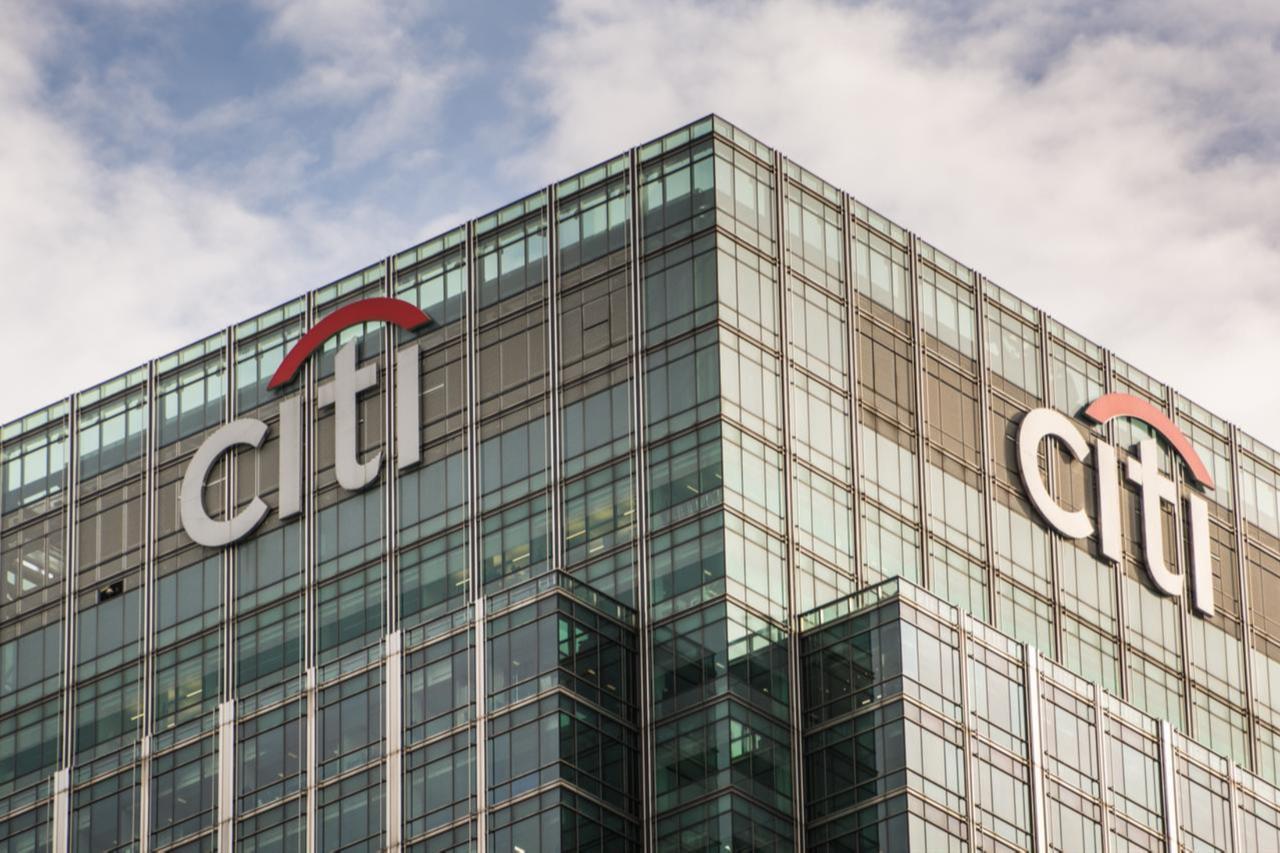
Türkiye may face a mild slowdown in the second half of 2025, even as the economy reported stronger-than-expected growth in the second quarter, masking underlying fragility in economic activity, U.S.-based Citigroup warned in a client note on Tuesday.
According to official figures, the Turkish economy expanded 4.8% year-on-year in the April–June period, with quarterly growth at 1.6%, both exceeding expectations.
Citi economists pointed to a downturn in both manufacturing and labor market conditions. They said the decline in the Manufacturing Purchasing Managers’ Index (PMI) in July and August, along with weaker job creation, signaled a loss of strength in the economy.
The PMI, a survey-based measure of factory output and orders, improved slightly to 47.3 in August from 45.9 in July. While the uptick suggested a slower pace of contraction, the index remained below the 50 threshold that separates growth from decline.
The unemployment rate fell to 8% in July; however, the employment rate held steady at 49.1%, with only 18,000 new jobs created during the month.

Citi economists noted that a revival in domestic demand was unlikely, pointing to what they described as "normalization in private consumption and persistently high real consumer loan interest rates."
Although the central bank reduced its policy rate by 300 basis points in July to 43%, easing borrowing conditions somewhat, average consumer loan rates were still elevated at 63.3% in the week ending August 22.
On the investment side, the note said machinery and equipment spending was unlikely to increase under credit restrictions and tight financial conditions.
The report also cautioned that Türkiye’s leading export industries—including machinery, transport equipment, and other manufactured goods—were exposed to slowing growth in the European Union and the United States, the country’s main overseas markets.